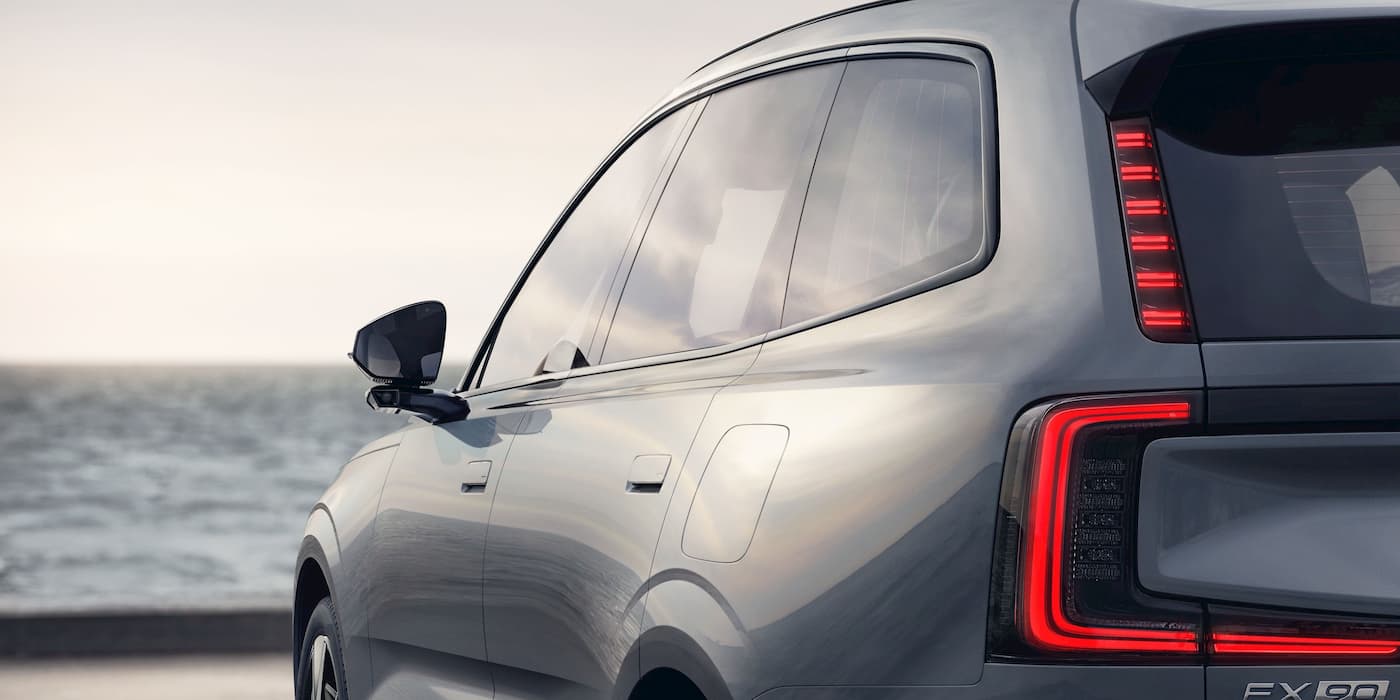
Swedish automaker Volvo is considering an expansion of its EV production in the US, with a possibility of broadening its factory in Charleston, South Carolina, or breaking ground on a second site in the country, according to a new report.
The plan, in large part at least, is to help the company capitalize on green incentives from President Joe Biden’s Inflation Reduction Act (IRA), according to a report today in the Financial Times.
The IRA provides a tax credit for EVs, assuming the vehicle meets the criteria, with buyers receiving up to $7,500 depending on the car’s make and model. Back in April, the US government tightened up restrictions on battery sourcing from China and other “foreign entities of concern,” thus bumping Volvo models from the eligibility list.
According to the report, Volvo is looking to further its partnership with Swedish startup Northvolt for battery sourcing – Northvolt recently announced its plans to build a $5-billion battery gigafactory in Quebec for its future North American location. Other automakers, in response to the IRA, have also been putting plans together for battery plants in North America. Hyundai and Rivian are building plants in Georgia, and BMW is investing $1.7 billion in manufacturing and batteries in South Carolina. Volkswagen, which produces the ID.4 in Tennessee, is building a battery plant in Ontario.
Volvo, which is primarily owned by China’s Geely, tends to be “highly strategic” in where it locates its production sites to minimize tariffs, costs, and political risks, with sites in China, Sweden, and Belgium, and another one in the works in Slovakia, notes the Financial Times. The company currently has a manufacturing facility in South Carolina, opened in 2017, which produces the new Volvo EX90 and the Polestar 3.
Back in March 2021, Volvo was one of the first legacy automakers to commit to an all-electric future by 2030 and has been working to phase out ICE and hybrid vehicles with impressive results. To further that goal, last week, the company announced the launch of a new business unit dubbed Volvo Cars Energy Solutions, which aims to develop and promote energy storage and charging-related technologies like bidirectional charging in all its forms, including vehicle-to-home, vehicle-to-grid, and vehicle-to-load.
FTC: We use income earning auto affiliate links. More.



Comments